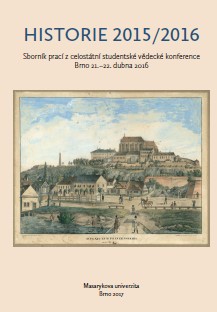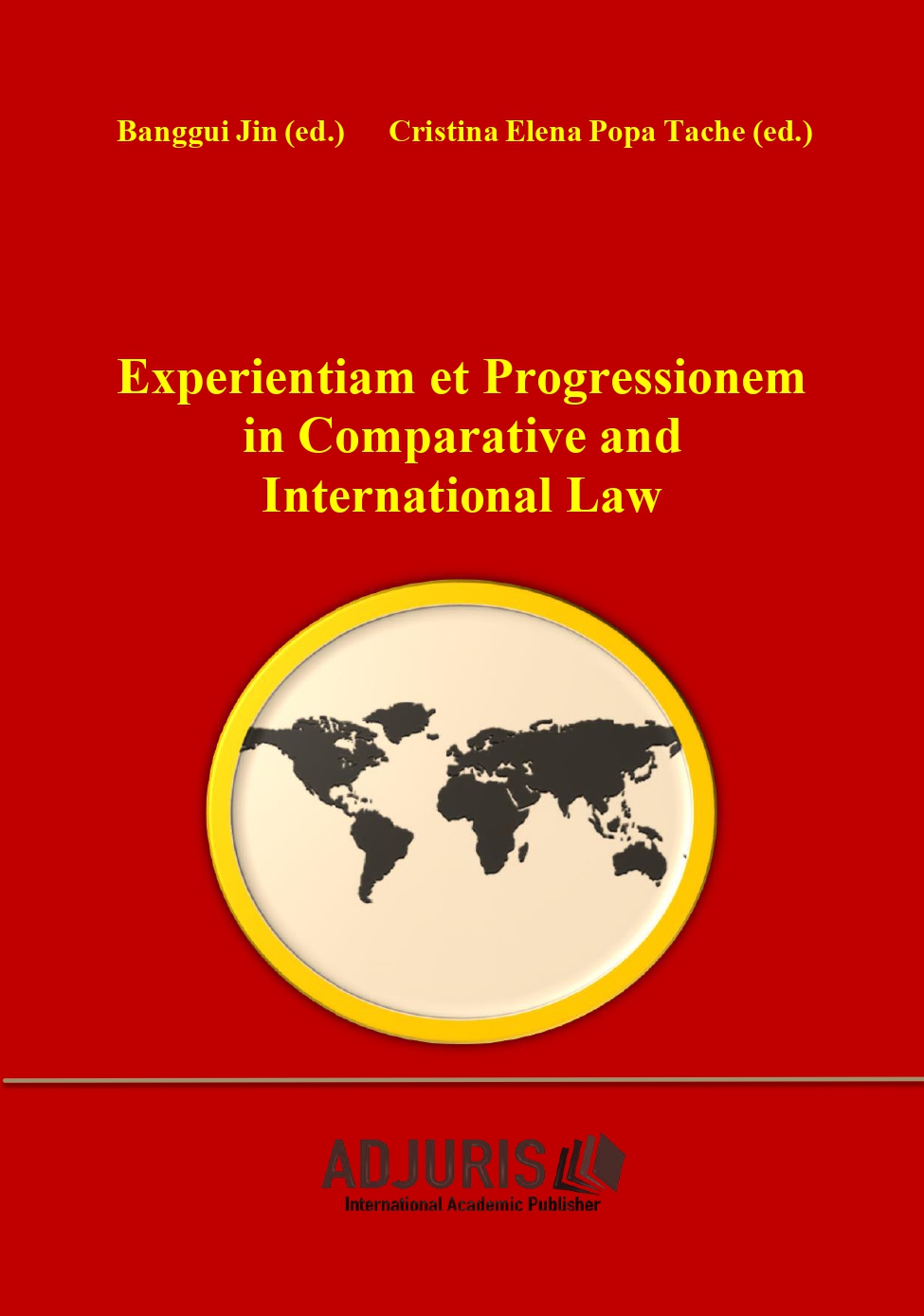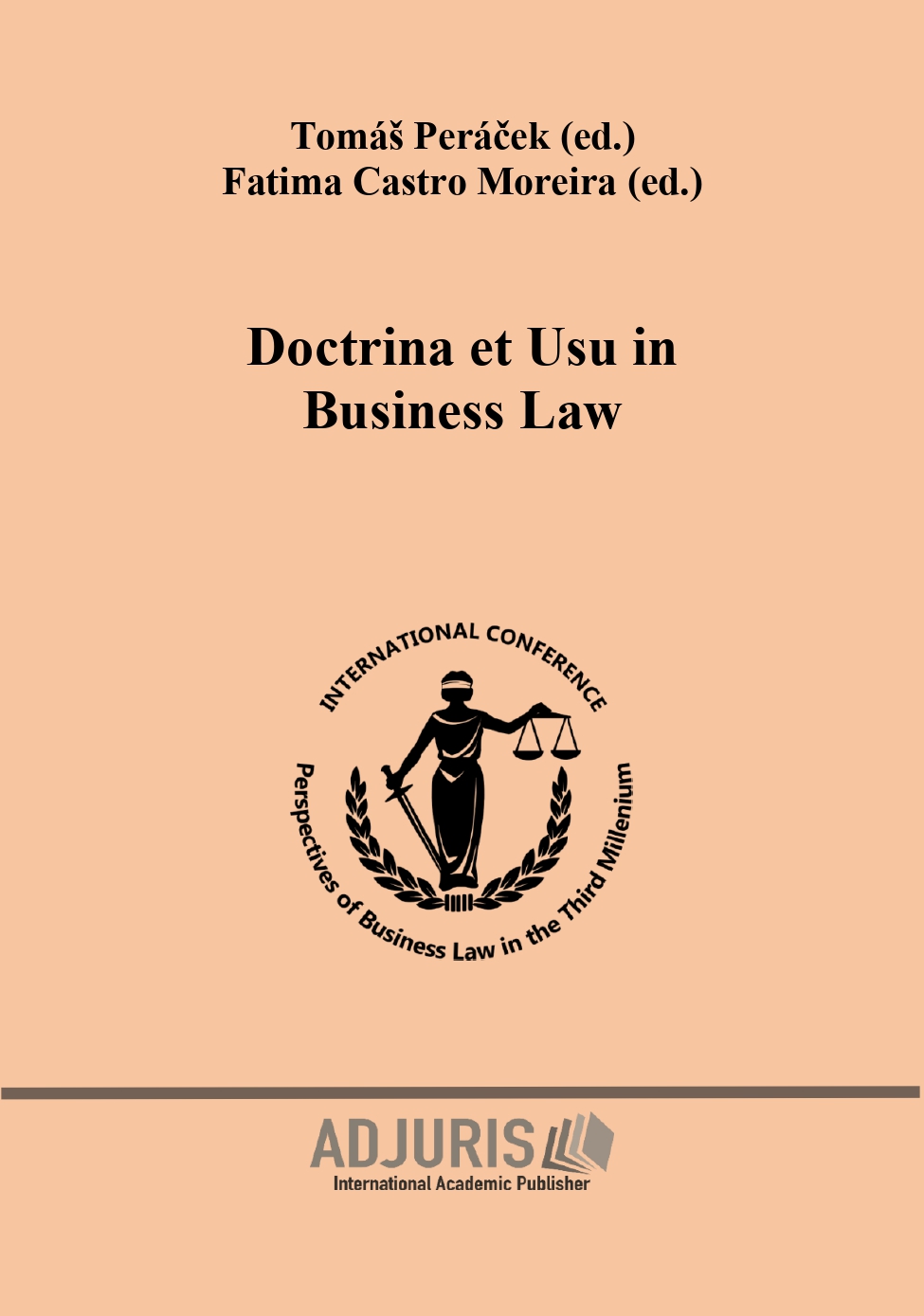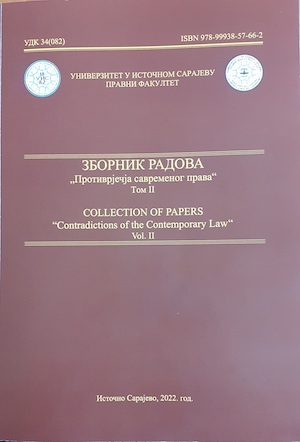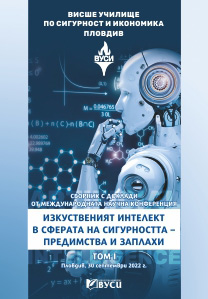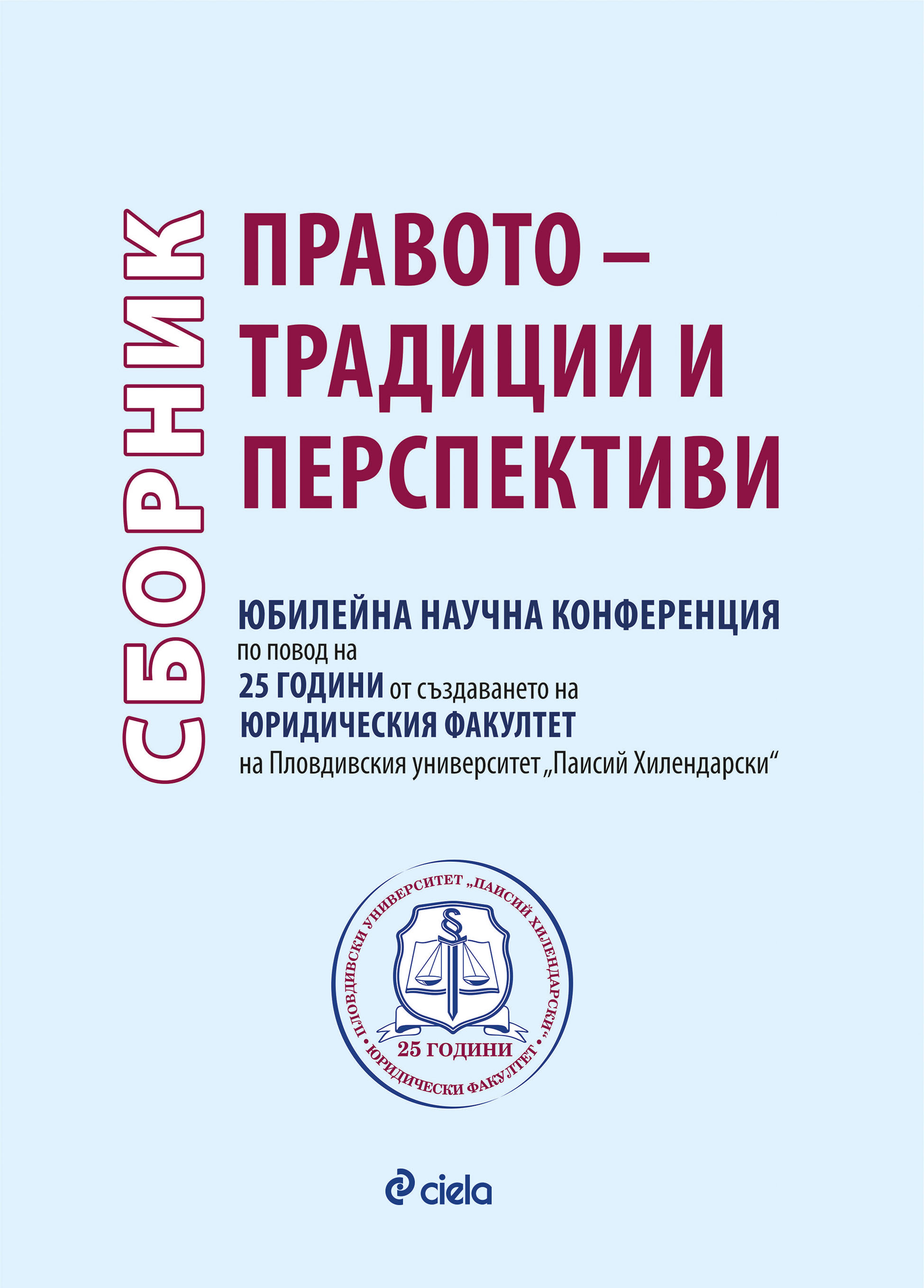
Допълнителният протокол към Конвенцията на Съвета на Европа за предотвратяване на тероризма и борбата срещу чуждестранните бойци терористи
The article is aimed at presenting the international legal regulation of some new accessory crimes, contributing to the commission of terrorism: participating in an association or group for the purpose of terrorism, receiving training for terrorism, travelling abroad for the purpose of terrorism, funding travelling abroad for the purpose of terrorism, organising or otherwise facilitating travelling abroad for the purpose of terrorism. It is a subject of the Additional Protocol to the Council of Europe Convention on the Prevention of Terrorism, entered into force in 2017.
More...
